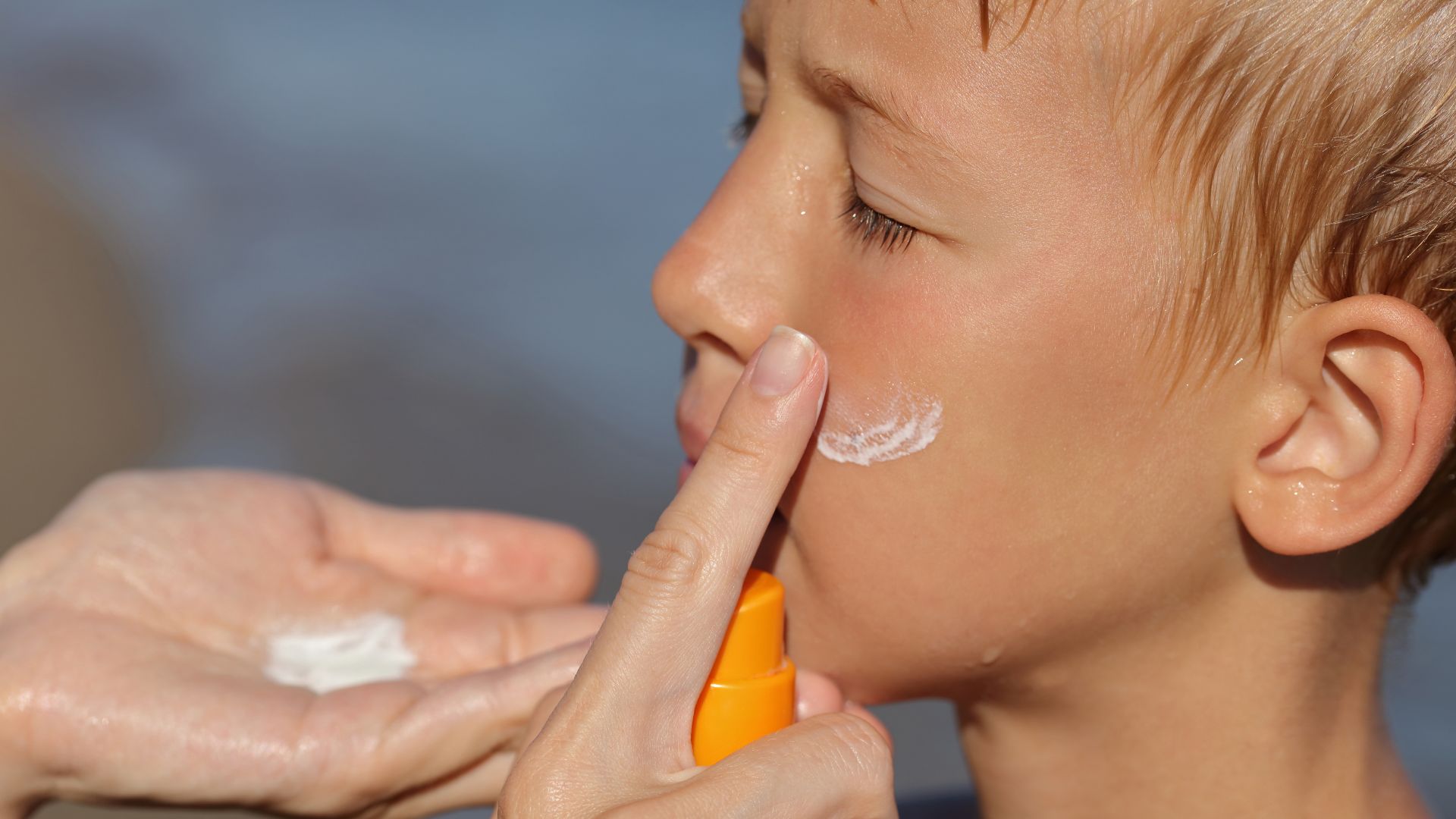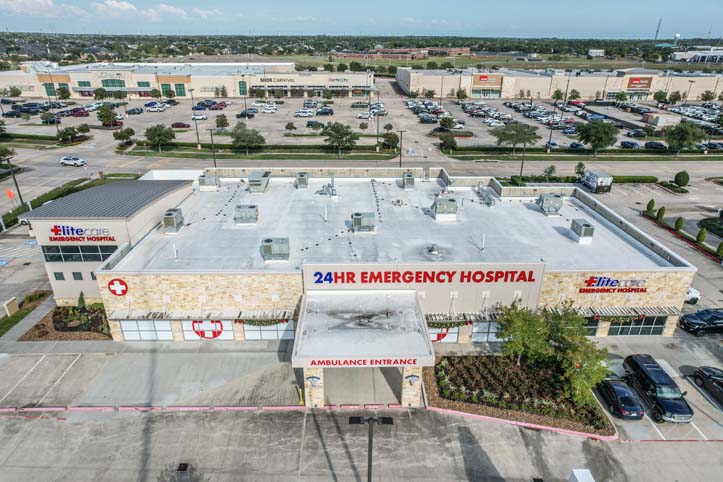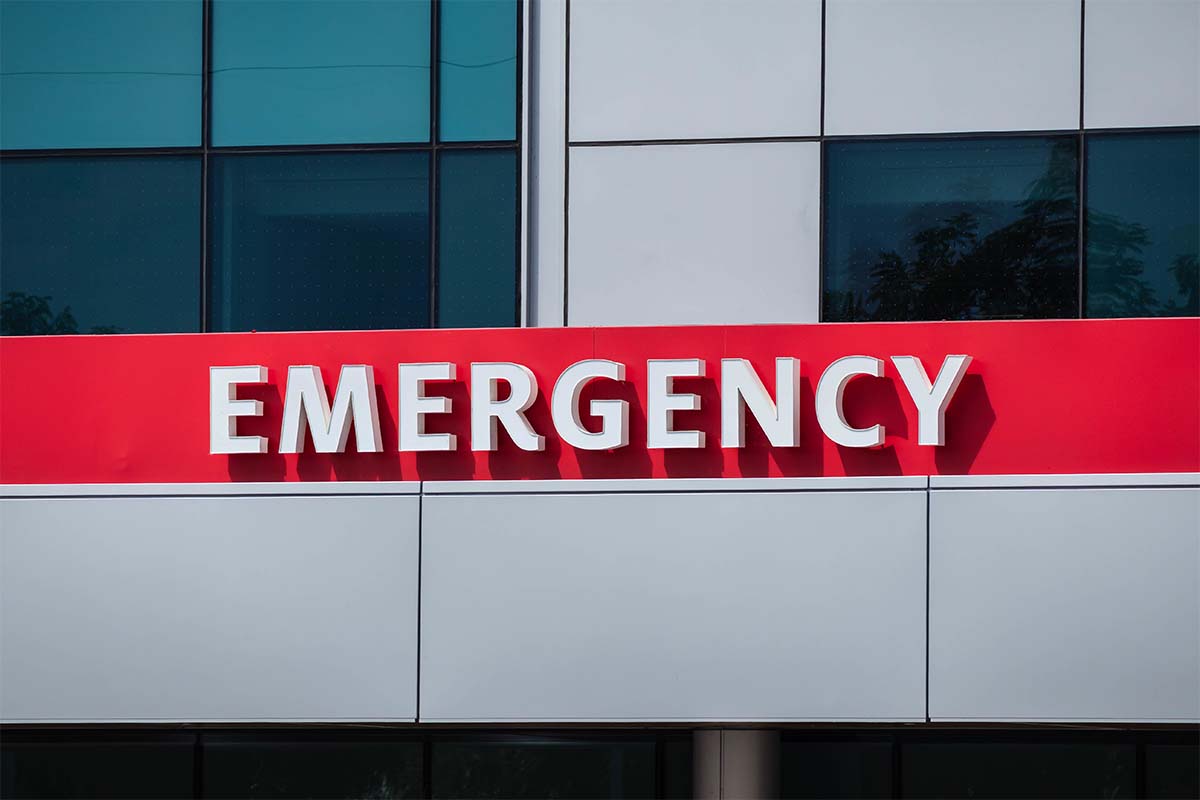
As we observe U.V. Safety Awareness Month every July, it is crucial to emphasize the importance of skin cancer prevention and detection. The American Academy of Dermatology launched an annual campaign raising awareness about sun safety. The campaign’s key messages about practicing safe sun have reached people across the country, urging Americans to protect themselves from the sun’s harmful ultraviolet (UV) radiation while enjoying outdoor activities. With this in mind, let’s explore the significance of UV safety.
What is Ultraviolet Light?
Ultraviolet (UV) light is a type of electromagnetic radiation responsible for the tans that so many of us seek. Too much of it can harm living things, causing sunburn and other problems. This light comes from the sun and travels in waves or particles with different lengths and strengths. The broad range of wavelengths, also called the electromagnetic spectrum, is divided into seven groups. These groups include radio waves, microwaves, infrared, visible light, UV, X-rays, and gamma rays. (Lucas)
UV Rays, Sunburn, and Cancer
Exposure to UV radiation can lead to skin cancer, sunburn, and other health issues. They can also cause inflammation or burning of the cornea. They may lead to cataracts and tissue growth on the eye’s surface, which affects vision. UV radiation also weakens the immune system, making it hard to fend off infections. Medications, medical conditions, and individual sensitivity can also increase the harmful effects of UV radiation.
While it is necessary to get sunlight for vitamin D, it is not possible or healthy to avoid sunlight entirely. Staying in the shade, wearing protective clothing, wearing hats and sunglasses, and applying sunscreen to uncovered skin areas are effective ways to reduce exposure to UV radiation. Communities also need to adopt measures to reduce exposure to the sun, such as providing shade and undertaking awareness programs for skin cancer prevention. It’s better to obtain vitamin D from dietary sources or supplements to avoid the risks associated with UV exposure.
Exposure to UV radiation from the sun is the leading cause of skin cancer. The two most common types of skin cancer, basal cell and squamous cell skin cancers are often found on the body parts most exposed to the sun, and their occurrence tends to worsen with more lifetime sun exposure. Melanoma, a rarer but more severe type of skin cancer, is also related to sun exposure. Even some artificial sources of UV rays have been linked to skin cancer. (American Cancer Society)
Children and Sunburn
Children have sensitive skin that is more susceptible to sunburn than adult skin. Therefore, protecting children from the sun’s harmful UV radiation is essential.
Parents and caregivers should be aware of the following to prevent sunburn in children:
- Cover Up: Dress your child in lightweight, light-colored, long-sleeved shirts, pants, and a wide-brimmed hat. Sunglasses with UV protection can protect the eyes as well.
- Use Sunscreen: Apply sunscreen with at least SPF 30 all over your child’s exposed skin, especially on the face, ears, and back of the neck. Reapply Sunscreen every two hours or after swimming or sweating.
- Avoid Midday Sun: The sun’s rays are strongest between 10 a.m. and 4 p.m., so try to stay in the shade during those hours.
(HealthyChildren.org)
By taking these simple precautions, parents can help protect their children from painful sunburns and reduce their risk of skin damage and cancer later in life. With suitable precautions, we can still enjoy the outdoors without sacrificing health.
Sunburn Emergency
Knowing the symptoms and indications of a severe sunburn is crucial to identify a sunburn emergency. Although most sunburns can be treated at home, severe sunburn can become life-threatening and require immediate medical attention.
Sun poisoning is a condition that happens when your skin gets damaged by too much exposure to the sun’s ultraviolet (UV) rays. Symptoms of sun poisoning include bumps on the skin, severe pain, itching, fever, chills, nausea, and dizziness. Sun poisoning can also cause skin blistering, sizeable fluid loss, dehydration, and electrolyte imbalances, posing the risk of infection and shock. Board-certified dermatologists suggest that if you experience symptoms of severe sunburn, including blisters or fever, it’s best to consult a doctor, as home remedies and over-the-counter medications may not be effective. (Mitchell)
When Sunburn is an Emergency
Remember to prioritize your health and spread awareness during UV Safety Month and every day of the year. It only takes one sunburn to damage your skin and increase your risk of skin cancer, but taking proactive measures toward UV safety can help ensure you stay healthy and safe in the sun. Severe sunburns that cover a large area of the body, especially if accompanied by symptoms like blistering, intense pain, or signs of infection, may require urgent medical evaluation and treatment. If you experience symptoms such as dizziness, fainting, rapid heartbeat, difficulty breathing, or severe allergic reactions after sun exposure, it is essential to go to the ER promptly.
Works Cited
Lucas, Jim. “What Is Ultraviolet Light?” LiveScience, Purch, 15 Sept. 2017, www.livescience.com/50326-what-is-ultraviolet-light.html.
American Cancer Society. “Does UV Radiation Cause Cancer?: American Cancer Society.” Does UV Radiation Cause Cancer? | American Cancer Society, www.cancer.org/healthy/cancer-causes/radiation-exposure/uv-radiation.html#:~:text=UV%20rays%2C%20either%20from%20the,actinic%20keratosis%2C%20and%20solar%20elastosis.
HealthyChildren.org. “Sunburn: Treatment & Prevention.” HealthyChildren.Org, www.healthychildren.org/English/health-issues/conditions/skin/Pages/Sunburn-Treatment-and-Prevention.aspx#:~:text=Apply%20cool%20compresses%20to%20the,of%20illness%2C%20call%20your%20pediatrician.
Mitchell, Chaffin. These Signs Indicate a Serious Sunburn That Requires Medical Attention, AccuWeather, 9 July 2019, www.accuweather.com/en/weather-news/these-signs-indicate-a-serious-sunburn-that-requires-medical-attention-2/432576.
















